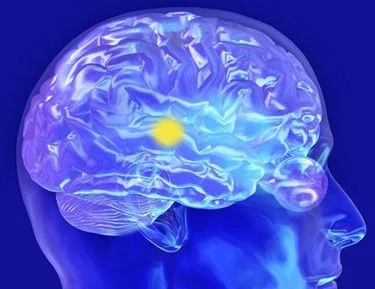Studies have shown that transforming skin cells into stem cells can treat malignant brain tumor glioblastoma

Studies have shown that transforming skin cells into stem cells can treat malignant brain tumor glioblastoma

Copyright © iCell Bioscience Inc, Shanghai 2018-2019
With the development of society, the number of diseases in children with brain cancer has increased in recent years, and children with illness will show symptoms of headache and vomiting. The pathological changes of brain tumors may be related to the child's genes. It may be that the gene on a certain chromosome is lost at birth, which causes the disease to occur. It is generally more common in children with intracranial brain tumors, and the incidence is higher. A series of recent breakthroughs may provide a more effective way to treat common childhood brain cancer.
Scientists from the University of North Carolina's Lineberger Comprehensive Cancer Center and the UNC Eshelman School of Pharmacy have shown that stem cells induced from skin cells can track and release drugs that destroy hidden medulloblastoma cells after surgery.

Studies have shown that skin cells can be transformed into stem cells, which can release drugs to kill malignant brain tumor glioblastoma. This method has been shown to have a significant effect on killing medulloblastoma and prolonging lifespan. This study is a necessary step in conducting a clinical trial and will determine whether the method is suitable for the treatment of childhood-related cancer. This approach is expected to reduce the side effects of treatment while helping more children with medulloblastoma.
Children with medulloblastoma who are exposed to chemotherapy and radiation can be very toxic to the developing brain. If this strategy can be used to eliminate or reduce the dose of chemotherapy or radiation therapy that patients receive, it may be improved. Quality of life brings benefits.
In this study, the researchers reprogrammed skin cells into stem cells and then genetically engineered them. When the engineered cells are exposed to another drug called a "prodrug," they are toxic to other cells. The results of the experiment showed that the implantation of drug-loaded stem cells into the postoperative brain reduced the size of the tumor by a factor of 15 and extended the median survival of the mouse by 133%.
 Loading ....
Loading ....
